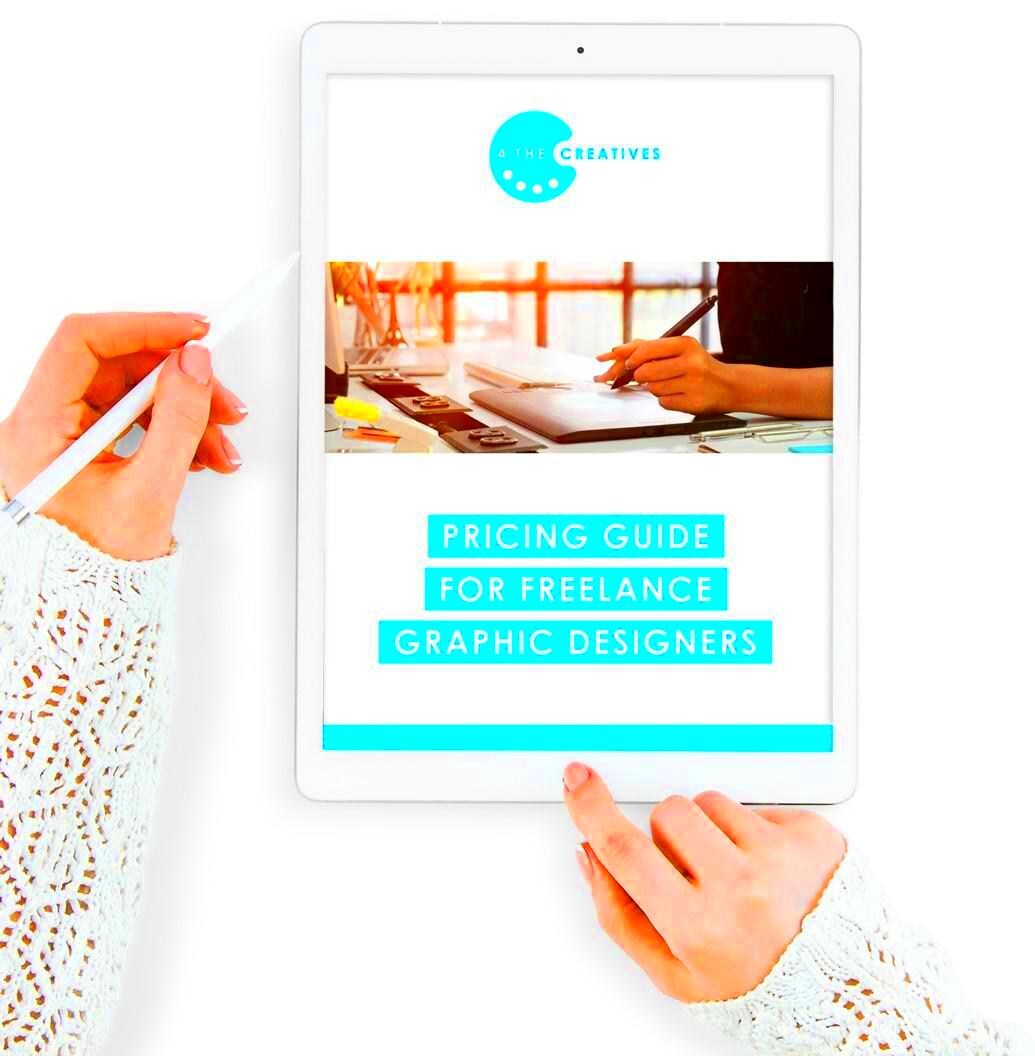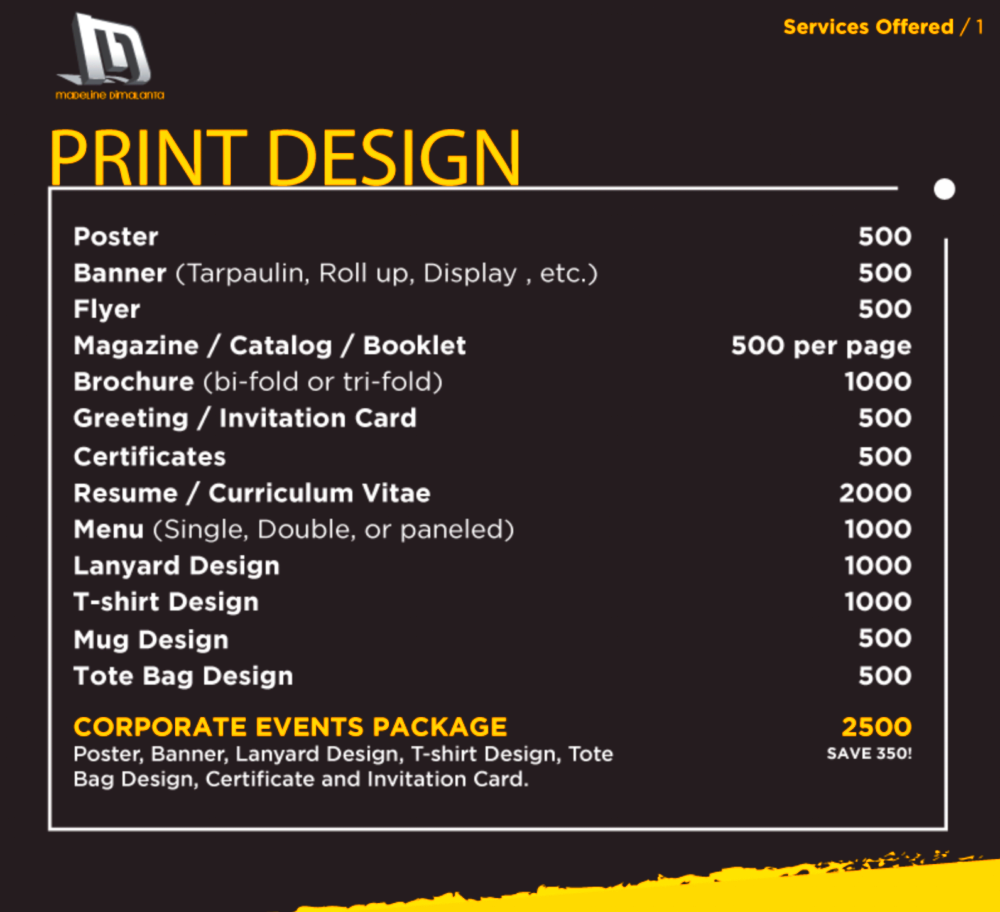For designers who work on their own as freelancers, determining prices can be hard. There are several reasons why designers set their charges as they do, and knowing these will assist freelancers as well as clients in managing the monetary aspect of creative work. The appropriate cost is a representation of service worth, designer's capabilities and customer’s options.
Factors That Affect Freelance Design Prices

Prices charged by freelancers are influenced by a number of essential aspects. Here is a small selection:
- Experience Level: More experienced designers often charge higher rates due to their proven skills and portfolio.
- Project Complexity: Complex projects requiring advanced skills or more time will generally cost more.
- Market Demand: High demand for specific design services can drive prices up.
- Location: Designers in larger cities may charge more than those in smaller towns.
- Client Type: Corporations may have bigger budgets compared to small businesses or individuals.
Also Read This: Do Sellers See Payment Information on Fiverr?
Different Pricing Models for Freelancers

Freelancers have multiple pricing models to set their prices. Some of the common ones are:
| Pricing Model | Description |
|---|---|
| Hourly Rate | Charging by the hour allows flexibility for both the designer and the client, especially for ongoing projects. |
| Fixed Price | For specific projects, a fixed price gives clarity on costs from the beginning, making it easier for clients to budget. |
| Retainer | A retainer model involves clients paying a set fee for ongoing services, providing stability for both parties. |
| Value-Based Pricing | This model charges based on the value the design brings to the client, often leading to higher rates for high-impact projects. |
The appropriate model ought to be chosen depending on the kind of project and the designer-client relationship. Freelancers can apply these options to help them position themselves in the market.
Also Read This: How to Become a Freelance Game Designer
How to Determine Your Freelance Design Rates
Setting your freelance design fees may seem like a daunting task, particularly when you’re just getting started. It is important to strike a balance between being competitive and valuing your skills. By taking into account different factors, one can arrive at a decent rate that reflects their knowledge and satisfies their monetary demands.
The following are some actions that will guide you in determining your fees:
- Assess Your Skills: Take a look at your experience, education, and portfolio. If you have specialized skills, consider charging more.
- Research Industry Standards: Check what other freelancers with similar experience are charging. Websites like Glassdoor or PayScale can be helpful.
- Factor in Your Expenses: Calculate your monthly expenses, including software, hardware, taxes, and health insurance. Ensure your rates cover these costs.
- Consider Your Goals: Think about your financial goals. How much do you want to earn monthly? Use this as a guide to set your rates.
- Test and Adjust: Start with a rate, and after a few projects, assess whether it feels right. Don't be afraid to adjust your rates based on feedback and demand.
It’s not an easy task to find the most appropriate rate and it might take quite a while for things to settle down in this regard.
Also Read This: How to Change Your Username in Fiverr
Comparing Freelance Rates Across Different Platforms
Freelancing could be a good thing if it has been taken up but it should also be noted that the pay rates differ from one platform to another and thus it is essential to know this in order to set yourself in the right way. The following are some of the best examples of freelancing website with their rates:
| Platform | Typical Rate Range |
|---|---|
| Fiverr | $5 - $500 |
| Upwork | $15 - $150 per hour |
| 99designs | $300 - $3,000 per project |
| Freelancer | $10 - $100 per hour |
It’s clear that different types of projects and audiences call for different platforms. Therefore, it’s important to select a platform that is appropriate for your personal capabilities and the amount that you would like to earn. Such understanding will enable you to set rates that are attractive enough to capture customers’ attention.
Also Read This: How to Pick a Logo Designer on Fiverr
Communicating Your Pricing to Clients
When you maintain regular communication on what your rates are, it is very important that they come across as effective. Trust conception and avoidance of future misunderstanding relies on clarity in communication. Here are tips for smooth pricing:
- Be Transparent: When discussing rates, be upfront about what’s included in your pricing. This can include revisions, timelines, and deliverables.
- Provide Justification: Explain why your rates are set at a particular level. Mention your skills, experience, and the value you bring to the project.
- Use Written Proposals: Always present your pricing in a written proposal. This gives the client something to refer back to and helps avoid confusion.
- Stay Open to Negotiation: Be flexible and willing to discuss pricing, especially for long-term projects. It’s essential to find a middle ground that works for both parties.
- Follow Up: After your initial conversation, follow up with a summary of what you discussed, including pricing details. This reinforces your professionalism.
A happy professional relationship may come from nice communication, which will make clients and you remain satisfied concerning the agreements.
Also Read This: Can I Post My Fiverr Tag on Facebook?
Common Mistakes to Avoid When Setting Prices
Setting prices for freelance design services can be tricky, and mistakes can easily hurt your money and image. But, if you avoid these common errors, you won’t incurs huge costs on price-making blunders thereby having a realistic pricing plan.
Below are the frequent errors made by freelance workers:
- Undervaluing Your Work: Many new freelancers set their rates too low, thinking it will attract more clients. This can lead to burnout and resentment. Remember, your time and skills are valuable.
- Not Considering All Expenses: Some freelancers fail to factor in business expenses like software, taxes, and health insurance. Make sure to account for these costs when setting your rates.
- Inconsistent Pricing: Changing your rates frequently can confuse clients and damage your credibility. Aim for consistency to build trust.
- Failing to Communicate Clearly: Avoid vague pricing discussions. Be clear about what your rates include, such as revisions and timelines, to prevent misunderstandings.
- Ignoring Client Budgets: While it's essential to know your worth, ignoring a client's budget can lead to missed opportunities. Be open to negotiating, especially for long-term projects.
If you evade these blunders, it will enable you to establish reasonable and lasting charges as well as cultivate good rapport with clients.
Also Read This: How to Send Your Fiverr Profile Link
Frequently Asked Questions About Freelance Design Pricing
Confusion may arise from freelance design in terms of pricing. In order to clarify, we provide some commonly asked questions below:
| Question | Answer |
|---|---|
| What is the average hourly rate for freelance designers? | Rates vary widely but typically range from $15 to $150 per hour, depending on experience and location. |
| Should I charge a flat rate or hourly? | It depends on the project. Flat rates work well for defined projects, while hourly rates are better for ongoing work. |
| How can I justify my rates to clients? | Highlight your skills, experience, and the value you bring to their project. Providing a detailed proposal can help. |
| What if a client wants to negotiate my rates? | Be open to negotiation but know your minimum acceptable rate. Find a compromise that works for both parties. |
The following frequently asked questions aim to shed light on some of the pricing dilemmas encountered by numerous freelancers.
Conclusion on Pricing for Freelance Design Services
One of the most important things that you should do when starting your career is how much to charge for freelance design services. It is essential to know what you are worth, research on what others are charging in your industry and be able to communicate with clients effectively; all these aspects contribute to a successful freelance life.
While making pricing decisions:
- Stay confident in your skills and value.
- Be flexible and open to feedback.
- Regularly reassess your rates as you gain experience and your portfolio grows.
Pricing is more than numbers; rather it should be about getting relations with customers. Setting fair, easy-to-understand prices help you build trust and mutually beneficial cooperation which foster long-term success in freelancing profession.




